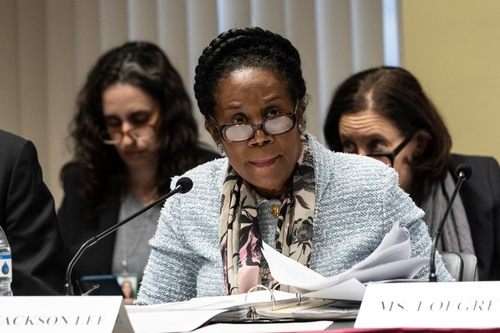A tragedy unfolds as Daybreak Foods plunges South Africa’s poultry industry into chaos, resulting in the mass euthanasia of over 350,000 chickens due to starvation and cannibalism.
At a Glance
- Animal welfare officers euthanized over 350,000 chickens in South Africa due to starvation and cannibalism.
- The chickens resorted to cannibalism after being left starving by Daybreak Foods.
- A financial crisis at Daybreak Foods led to the chickens being unfed.
- The NSPCA has taken legal action against Daybreak Foods for major animal welfare violations.
Animal Crisis in South Africa
South African poultry faced tragedy as Daybreak Foods, a major player in the industry, found itself unable to feed its massive flocks. The National Council of Societies for the Prevention of Cruelty to Animals (NSPCA) intervened, but not before witnessing “mass cannibalism” among the starving chickens. The grave situation deteriorated rapidly, resulting in the euthanasia of over 350,000 chickens, with more than half a million others rescued.
Scenes described as horrifying by witnesses depicted stripping feeding lines and birds resorting to cannibalism. The mass culling involved a coordinated effort by 75 animal protection officers, but the toll on the industry and public conscience was already tremendous. The situation highlighted Daybreak Foods’ severe mismanagement—a firm owned by the nation’s Public Investment Corp, supposedly a bedrock of the economy.
Legal and Government Response
Efforts to salvage any birds by sending them to slaughterhouses were stymied; the chickens’ poor health rendered them unfit even for processing. This negligence has sparked outrage, compelling the NSPCA to pursue legal redress against Daybreak Foods for gross violations of animal protection laws. Potential legal battles now loom over Daybreak, as serious questions arise over its competence and ethical standards.
The NSPCA’s intervention prevented an even graver disaster by rescuing hundreds of thousands of chickens. These actions, although laudable, shine a spotlight on broader systemic failures. Economic mismanagement hit the industry’s defenders, in this case, abandoned their responsibilities. The sordid revelations of neglectful practices necessitate a prompt and aggressive governmental response.
Path to Resolution and Preventative Measures
The South African government now engages in urgent talks with Daybreak Foods’ leadership to address the financial issues that precipitated this crisis. The discussions aim to prevent recurrence and restore stability and ethical conduct within the poultry sector. While authorities work to devise a comprehensive plan to avert disasters, the public watches, rightfully skeptical, demanding accountability and transparency.
Meanwhile, Daybreak Foods’ financial woes are a troubling mirror of broader economic challenges. As inflation and government overspending reach new heights, South African citizens rightly express frustration over such dire and avoidable misfortunes, particularly when they implicate key state-owned entities. Restoring the public’s trust requires radical reforms and sustained vigilance.
This devastating episode encapsulates the layers of mismanagement and apathy that threaten industries worldwide when businesses fail to uphold their commitments. It is a stark reminder of the responsibilities corporations and governments bear and the catastrophic consequences of negligence in failing these. Action is not merely optional; it is imperative.






